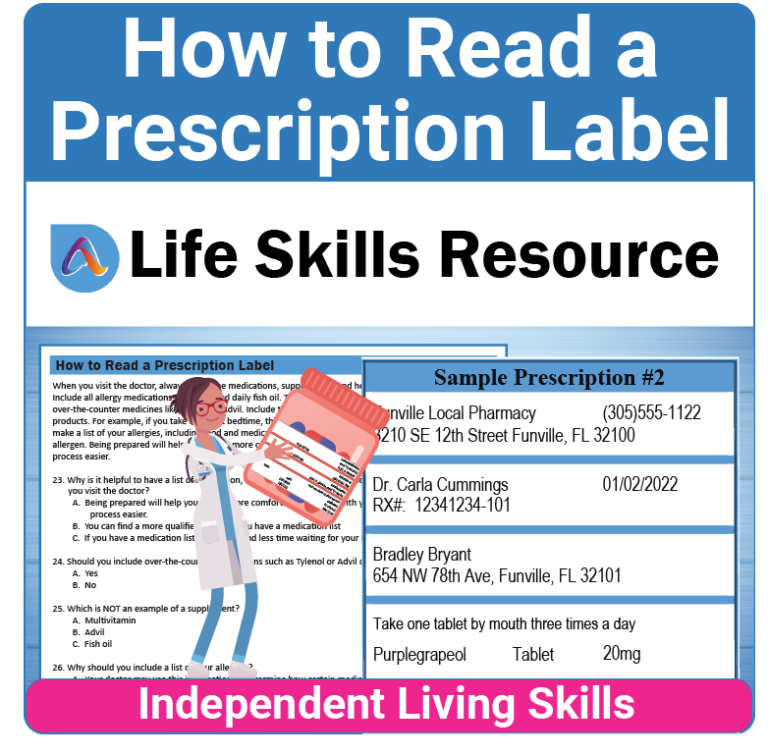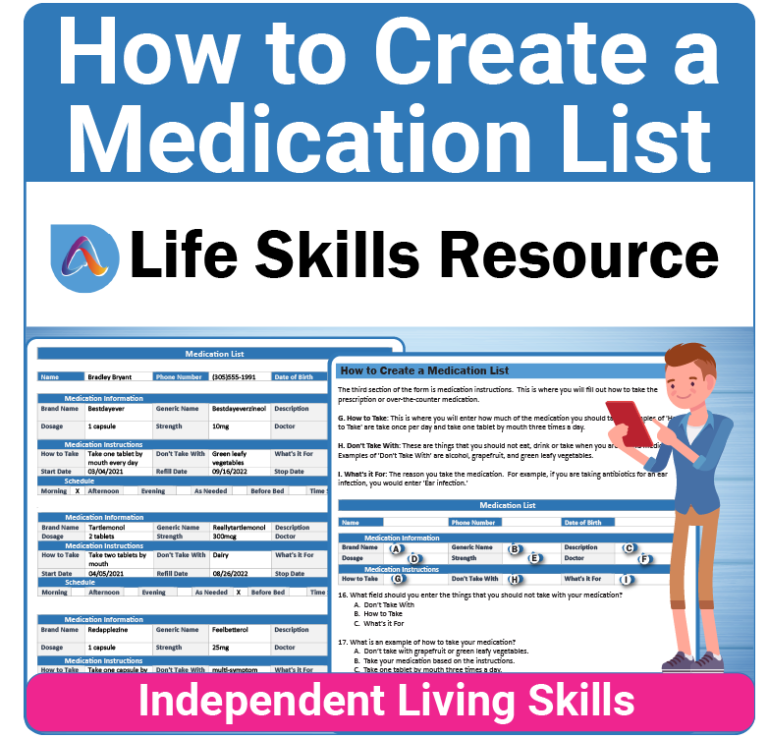Transdisciplinary Team Approach for Teens and Adults with Special Needs
As a parent of a special needs adult child, I have navigated the labyrinthine challenges of helping my child attain greater independence. Whether deciphering the complexities of the healthcare system or seeking ways to make daily tasks more manageable, the journey toward increased autonomy can be daunting. Yet, amidst these challenges, one approach has emerged as remarkably effective—the Transdisciplinary Team Approach.
The Transdisciplinary Team Approach is a collaborative strategy that brings together professionals dedicated to assisting individuals with disabilities in achieving greater independence. This interdisciplinary team encompasses specialists from various fields, including occupational therapy, speech therapy, physical therapy, psychology, and social work. By pooling their expertise and working in synergy, these professionals address all dimensions of an individual’s life—physical, emotional, social, and cognitive needs.
One of the pivotal advantages of the Transdisciplinary Team Approach is its capacity to provide a comprehensive and holistic perspective on supporting individuals with disabilities. The involvement of multiple professionals ensures that the team can collectively identify and address any challenges or barriers hindering the individual’s path to greater independence. This approach proves particularly efficacious for individuals with complex needs, fostering a more coordinated and collaborative approach to care.
Another compelling benefit of the Transdisciplinary Team Approach is its potential to enhance professional communication and collaboration. By fostering an environment of shared knowledge and expertise, the team develops a unified understanding of the individual’s needs and aspirations. This alignment ensures everyone works harmoniously towards common objectives and helps avoid redundant efforts.
The Transdisciplinary Team Approach streamlines care, providing an integrated and efficient framework. Involving professionals from diverse disciplines enables the team to construct a cohesive and coordinated care plan. This ensures that the individual receives appropriate interventions and support, thus reducing the likelihood of unnecessary hospitalizations or emergency department visits.
The most profound advantage of the Transdisciplinary Team Approach lies in its ability to promote independence among individuals with disabilities. Through collective effort, the team identifies and addresses obstacles to independence, fostering the development of essential skills and strategies. This encompasses daily task management, communication, socialization, and self-advocacy techniques.
Beyond independence, the Transdisciplinary Team Approach enhances the overall quality of life for individuals with disabilities. By addressing all facets of an individual’s existence, the team contributes to positive emotional well-being, improved socialization, and enhanced self-esteem. These factors significantly boost an individual’s self-worth and reduce feelings of isolation and loneliness.
This approach extends its benefits to families and caregivers of individuals with disabilities. Collaborating with a professional team offers families profound support and reduces the isolation often associated with caregiving. Additionally, the team equips families with valuable information, resources, and connections to other support services within the community.
The Transdisciplinary Team Approach is an extraordinarily effective strategy for facilitating greater independence among individuals with disabilities. By assembling a team of professionals from diverse fields, this approach delivers comprehensive, holistic care, fosters communication and collaboration among experts, streamlines and integrates care, enhances independence and overall quality of life, and provides invaluable support to families and caregivers.
As a parent of a special needs adult child, I have witnessed the transformative power of this approach. I wholeheartedly encourage other families and caregivers to consider it as they endeavor to support their loved ones on the journey toward greater independence.




